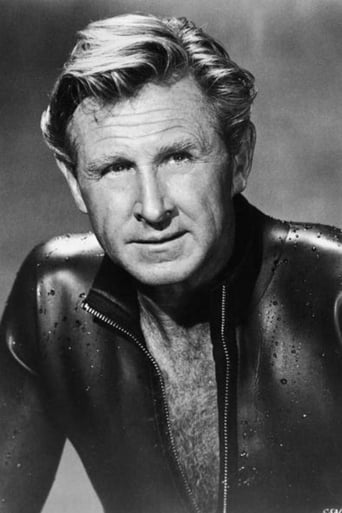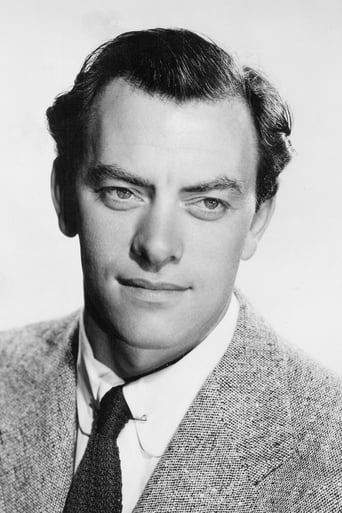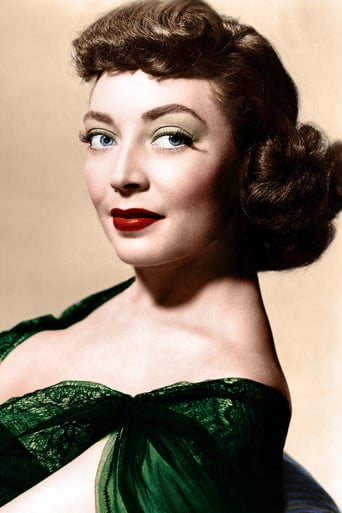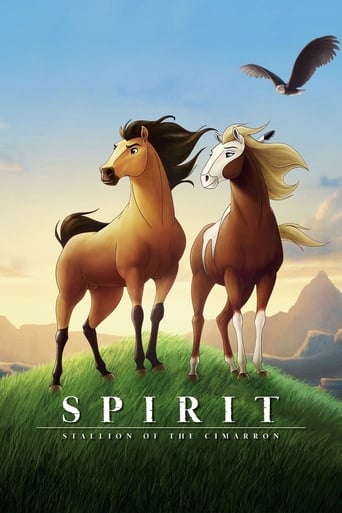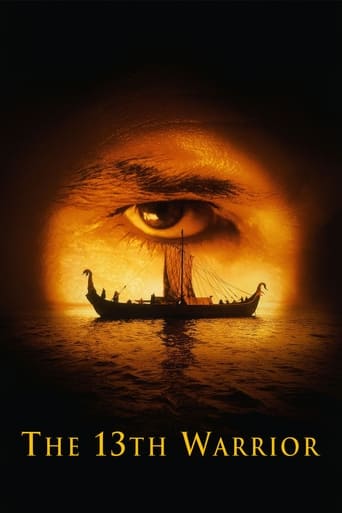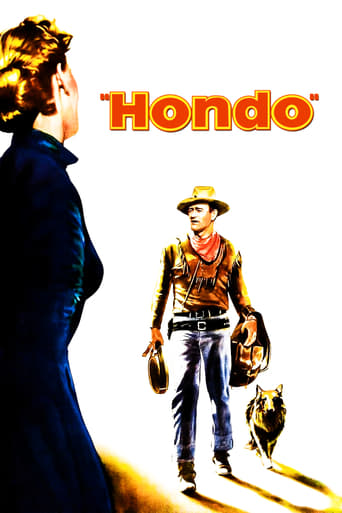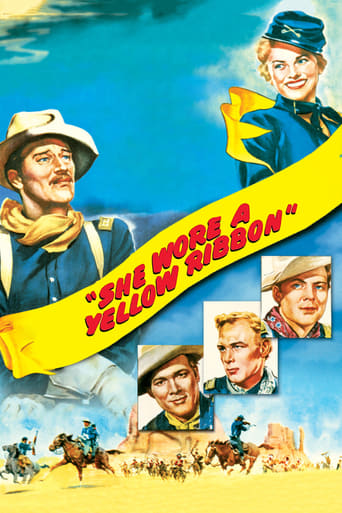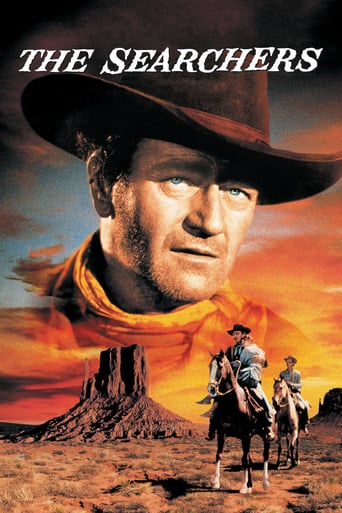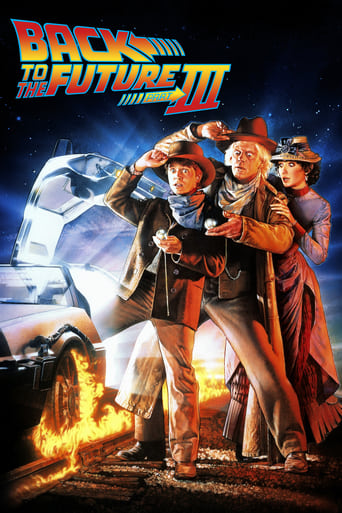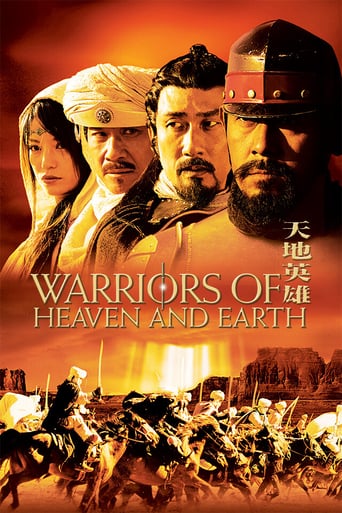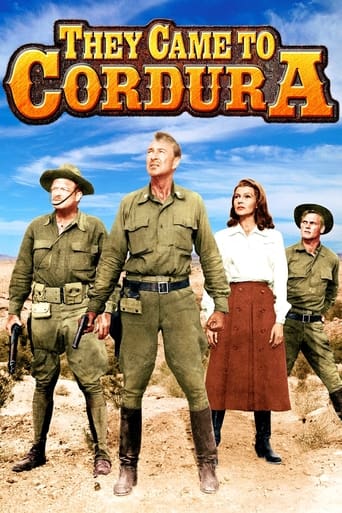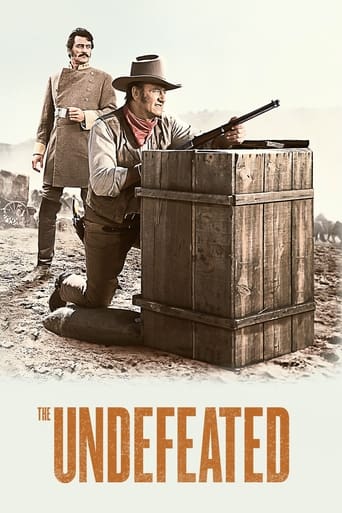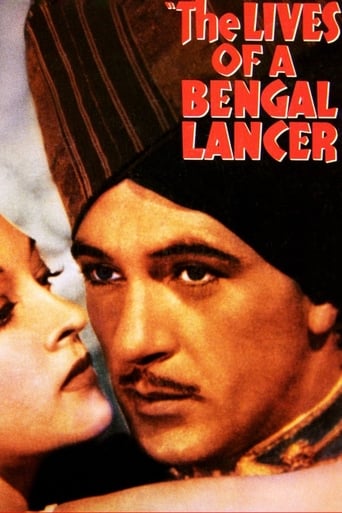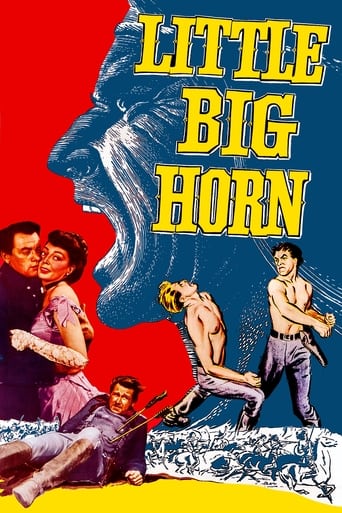
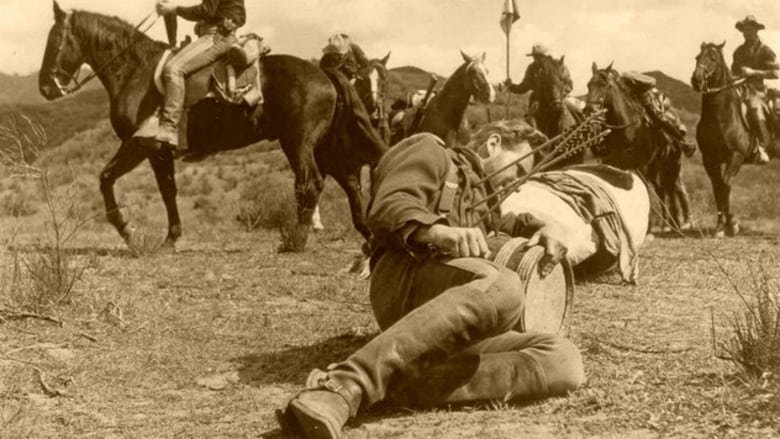
Little Big Horn (1951)
Two cavalry officers (Lloyd Bridges, John Ireland) lead a patrol to warn Gen. Custer about an ambush.
Watch Trailer
Cast


Similar titles
Reviews
Little Big Horn (AKA: The Fighting Seventh) is directed by Charles Marquis Warren who also adapts the screenplay from a story by Harold Shumate. It stars Lloyd Bridges, John Ireland, Marie Windsor, Reed Hadley and Jim Davis. Music is by Paul Dunlap and cinematography by Ernest Miller.A small U.S. Cavalry unit snake their way towards Little Big Horn to warn General Custer of the mortal danger that awaits. But beset with inner conflicts and with the Sioux on their tails, chances of achieving their goal gets slimmer by the hour.Low on budget but big on impact, Little Big Horn may just be the finest film to come out of Lippert Productions. With history as it is, the only thing going against Warren's film is that we know this band of men will not achieve their ultimate goal, but that's OK, for this is not about cheap heroics. Film is very grim, both in texture and thematics. With Warren and Miller painting a stark noir look to the visuals, story unfolds with futility the order of the day.Heading the group are Capt. Phillip Donlin (Bridges) and Lt. John Haywood (Ireland), who we have witnessed at film's beginning forming a messy love triangle with Celie Donlin (Windsor). Captain Donlin is stickler for the rules, but are his motives clouded now? With the rest of the troop believing Haywood is a wife stealer, friction is palpable, yet Haywood keeps proving himself to be an admirable man, consistently doing things to make the troop reevaluate their feelings towards him. The group dynamic set up by Warren is first class, it crackles with intensity.As the journey proceeds a number of potent scenes and scenarios come into play. A man staked up like a scarecrow as a trap, the drawing of cards to see who rides point - which the men know is almost certainly going to result in death - unmarked graves and wedding rings of the dead, these things really strike grim emotional chords. The Sioux are a constant threat out in the rocks or shadows, this troop, as we soon find out, are at the mercy of their better equipped enemy. There's a resignation residing within the group, yet it is that which binds them together. Arrows thud into bodies and blood pours from mouths, and then the finale comes storming in to close down this quite excellent film noir Western.DVD packaged with Rimfire (1949) as a Kit Parker double bill of film noir Westerns, Little Big Horn is very much the better film. Both have the considerable visual skills of Ernest Miller to enjoy, but LBH is the more essential film on account of its across the board excellence. 8/10
This western from B picture studio Lippert Productions is one of the best films to come from that small budget outfit. If you're expecting a telling of the defeat of General Custer by the Sioux and Cheyenne at Little Big Horn that would require a far bigger budget than Lippert ever spent on its films.What this story is about is a small patrol headed by Captain Lloyd Bridges and Lieutenant John Ireland who hear of the big four figure number Indian war party out to meet Custer and they ride hard to try to warn him. A daunting task under normal circumstances.But these circumstances are far from normal. Lloyd Bridges is married to Marie Windsor who's been two timing Lloyd with Ireland. And everyone knows about it especially those on the patrol and the men are taking sides as well. Doesn't make for a good command structure to say the least. They've even got a sergeant major along in the person of Reed Hadley who thinks he could do better than both of them. He was an officer in the Civil War, but it was one of those brevet promotions and when the army shrunk after the war, Hadley like thousands of others was reduced in rank if he wanted to stay in the army. If you'll recall that happened to both the Henry Fonda and Ward Bond characters in the John Ford classic Fort Apache.Some others on the patrol include Wally Cassell, Rod Redwing, Jim Davis, and Hugh O'Brian and these guys would not be at home in John Ford's conception of the cavalry. Still they go on this mission which they know may be sheer futility.In its slightly less than 90 minute running time Little Big Horn gave us lots of action and some of it not for the Saturday matinée kiddie crowd and some finely etched character studies. Since they don't make B westerns any more we can really say they don't make them like that any more. But Little Big Horn is a great example of how to make a good B western.
Writing and acting! Acting and writing! Like another great little "Custer" film "Bugles in the Afternoon!" starring Ray Milland (and LBH's Sheb Wooley playing Custer!), the acting and dialog in this Cavalry classic is top notch. Everything just clicks making this film look as good as any classic Western with a much bigger budget.The soundtrack is interesting. The "On the Little Big Horn! 1876!" sung by a chorus rings out loud and clear in the opening credits and sets the mood for the story. Must have been a thrill to the Saturday matinée kid cowboy crowd. It certainly adds to "larger than life" mood of this film.The writers, by setting up this film with the well known history of the Custer defeat (or is it the Native American victory) at the Little Big Horn as a backdrop, helps make your imagination do what the well spent but inexpensive budget doesn't! (It is almost like a radio play in that way.) With the descriptions of sighting of thousands of Souix by the patrols in this film, you feel the intensity and importance of the mission. Also the suspense created by knowing there are a lot of Indians out there and the "Heart of Darkness" atmosphere as the troop advances further and further into Indian territory gives the ambushes that happen the right kind of life and death dynamic. The story line is not that improbable. Gen. Crook, who had met in the Battle of the Rosebud just some of the Souix that would engage Custer a week or so later, did think of continuing with what was left of his command or some troopers to Custer and Terry to inform them of what happened. It didn't happen however. Still, the mission of trying to deliver a message at all costs to Custer gives this film the needed dynamic it requires.Major or soon to be major actors give performances here that both their earlier and later "high budget" careers only enhance. The leads Lloyd Bridges (High Noon!, Sea Hunt, Hot Shots) and John Ireland (Red River, Spartacus, A Walk in the Sun) and supporting actors like the memorable King Donavan (Invasion of the Body Snatchers), the good spirited Wally Cassell (Sands of Iwo Jima), Jim Davis (Dallas!), newcomer Hugh O'Brien (TV's Wyatt Earp), Mr. beautiful baritone Reed Hadley, known for his narrations of Hollywood films (Guadalcanal Diary) and those Atomic Bomb documentaries by the US government plus all the rest of this ensemble do an outstanding job. Bridges and Ireland are perfect as the hard nosed commander and the sympathetic Lt. always in conflict with each other. The film moves along without any real slow spots. It has good cinematography.It has good production values and the good writing that make it seem like a bigger film than it really is. It has that "film noir" mood that never would have worked as well in color either. It is really a western that stimulates your imagination! Many Kudos for this classic!
"Little Big Horn" is a classic western with outstanding performances from the entire cast. There is no glorification of the calvary company's struggle with the Indians. Each character has a personal story and motivation for his actions. In the end the decimated unit realizes that their sacrifice is necessary to attempt to achieve the greater good. It is a shame that this movie is not readily available. I recently purchased a copy through Belle and Blade Videos. Lloyd Bridges, John Ireland, Reed Hadley, et al were never better. A "must see."


